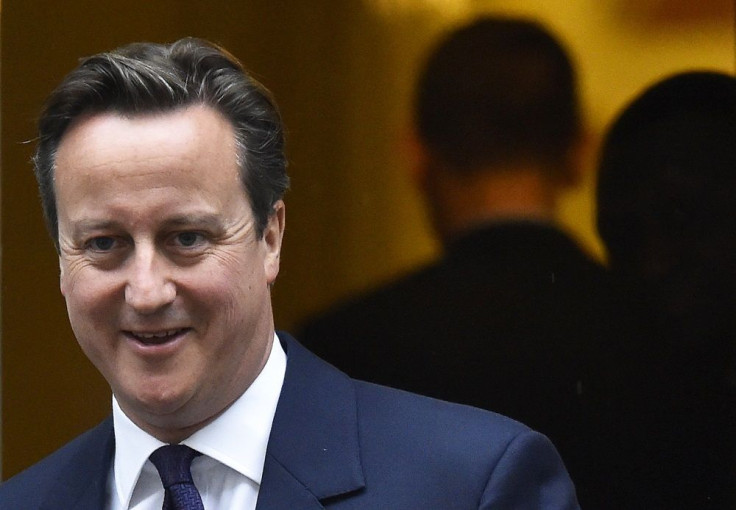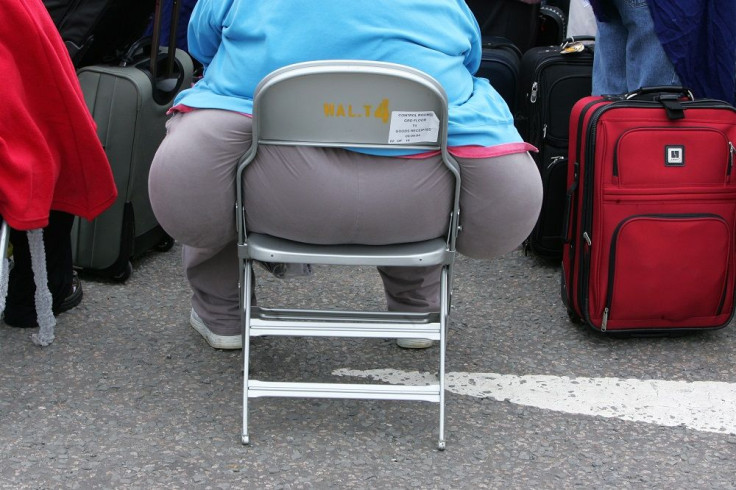British ministers publish secret official report, pressures David Cameron to back 10-20% sugar tax to battle obesity

British ministers are pressuring British Prime Minister David Cameron to battle the country’s worsening obesity problem by publishing a secret official report that pushes for a 10-20 percent levy on sugary products.
The study by Public Health England, slated for publication in July but delayed by Health Secretary Jeremy Hunt, offers several tough policies to cut the consumption of sugary foods and drinks being blamed for Britain’s weight crisis, which costs the NHS £5.1 billion (A$10.86 billion) annually, reports The Guardian. The ministers published the study, titled “Sugar Reduction: the Evidence for Action,” on Thursday.
Besides the tax, the study recommends reducing the high amount of sugar from food consumed daily. Medical associations, health charities and celebrities such as chef Jamie Oliver are backing the sugar tax since Brits’ average sugar consumption is 12 to 15 percent of energy intake, instead of the recommended 5 percent.
Excessive sugar intake and eating too much has resulted in almost 25 percent of adults, 10 percent of four- to five-year-olds and 19 percent of 10- to 11-year-olds in England to be classified as obese.

But Cameron is not in favour of the tax even if No 10 Downing Street confirmed on Thursday that the PM shot down the idea without reading the research. In a statement, the PM’s office said, “The prime minister’s view remains that he doesn’t see a need for a tax on sugar.”
Other current or former government officials who are in favour of a sugar tax include London Mayor Boris Johnson, ex-Health Minister Dan Poulter and former minister Nick Herbert. Following the publication of the report, Herbert was quoted by The Guardian as saying, “I don’t want to see higher taxes overall, but it’s not a bad principle to tax discretionary items that are bad for us.”
Contact the writer at feedback@ibtimes.com.au or tell us what you think below






